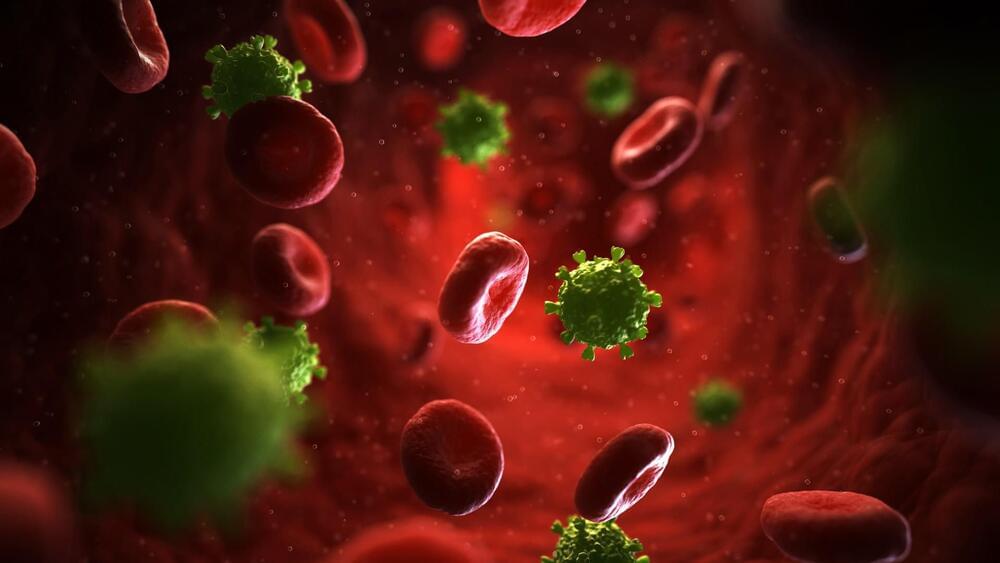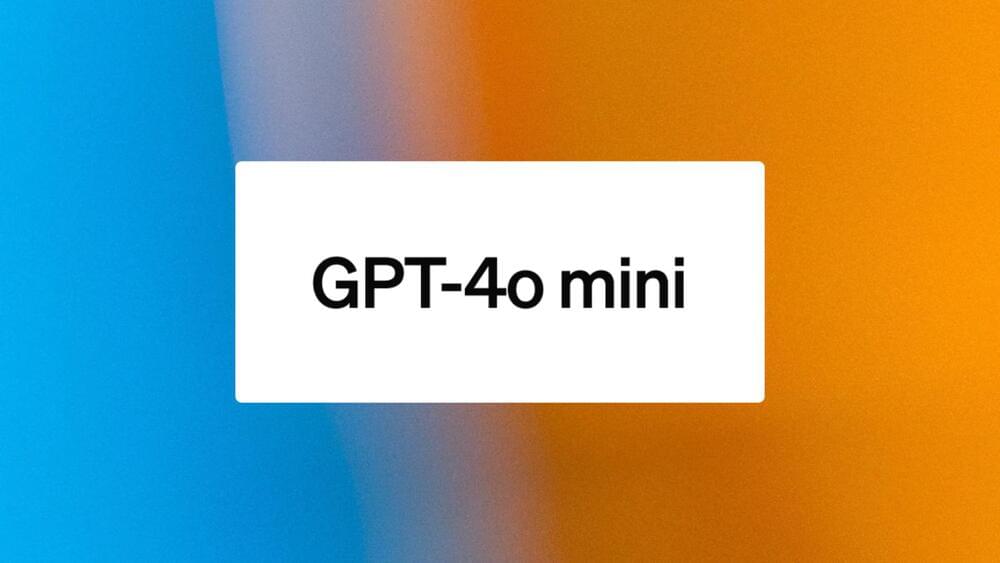
NASA is very interested in developing a propulsion method to allow spacecraft to go faster. We’ve reported several times on different ideas to support that goal, and most of the more successful have utilized the sun’s gravity well, typically by slingshotting around it, as is commonly done with Jupiter currently.
But, there are still significant hurdles when doing so, not the least of which is the energy radiating from the sun simply vaporizing anything that gets close enough to utilize a gravity assist. That’s the problem a project supported by NASA’s Institute for Advanced Concepts (NIAC) and run by Jason Benkoski, now of Lawrence Livermore National Laboratory, is trying to solve.
The project was awarded a NIAC Phase I grant in 2022, focused on combining two separate systems—a heat shield and a thermal propellant system. According to the project’s final report, combining those two technologies could allow a spacecraft to perform what is known as an Oberth maneuver around the sun.


















